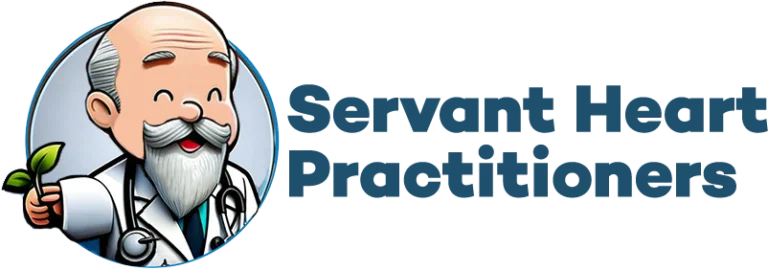Cholesterol – Your Friend or Foe?
Is cholesterol your friend or your enemy? The answer is: both. Cholesterol is essential for your health, but it can also become a problem. Today, we’ll break down the truth about cholesterol, debunk common myths, and identify the real culprit behind cholesterol-related health issues.
What Is Cholesterol?
Cholesterol is a structural fat, not a storage fat. It’s a building block for every cell in your body, essential for creating cell walls, producing hormones, and aiding brain function. However, it’s often misunderstood and blamed for health problems that aren’t its fault.
Key Misconceptions:
- Cholesterol Is All Bad: False. Cholesterol is necessary for life and health.
- Dietary Cholesterol Directly Affects Brain Cholesterol: False. Your brain produces its own cholesterol and does not rely on the cholesterol you eat.
- High Cholesterol Levels Are Always Dangerous: It’s more complex than just the numbers.
Cholesterol in the Brain vs. the Body
Brain Cholesterol:
- Your brain makes its own cholesterol and is insulated from the rest of your body by the blood-brain barrier.
- Most of your brain’s cholesterol is produced during early development and is nearly fixed by the time you’re a teenager.
- Dietary cholesterol does not cross into the brain, so what you eat has no direct effect on your brain’s cholesterol levels.
Body Cholesterol:
- This is the cholesterol measured during blood tests.
- It circulates in your bloodstream, aiding in hormone production, cell repair, and digestion.
- However, imbalances in body cholesterol levels can indirectly harm the brain by impairing blood flow and oxygen delivery.
How Cholesterol Works
Cholesterol doesn’t move around your body on its own—it needs lipoproteins, or taxis, to transport it.
Two Types of Lipoproteins (Taxis):
- LDL (Low-Density Lipoprotein): Transports cholesterol to various parts of the body. Often labeled as “bad cholesterol,” LDL can deposit cholesterol in the arteries, leading to plaque buildup if mismanaged.
- HDL (High-Density Lipoprotein): Transports excess cholesterol back to the liver for elimination or conversion into hormones. Known as “good cholesterol,” HDL helps regulate cholesterol levels.
Important Note: LDL and HDL are not cholesterol themselves—they are transporters. The real issue lies in what causes LDL to mismanage its passengers (cholesterol).
The Real Culprit: Inflammation, Not Cholesterol
Cholesterol has been scapegoated for problems caused by chronic inflammation. Inflammation in the arteries causes LDL to deposit cholesterol, leading to plaque buildup. Without inflammation, cholesterol wouldn’t become a problem.
What Triggers Inflammation?
- Saturated Fats
- Trans Fats
- Processed Foods
These foods increase inflammation, forcing cholesterol into the bloodstream and disrupting the balance between LDL and HDL.
Dietary Cholesterol: Friend or Foe?
Key Fact:
75% of your body’s cholesterol is produced by your liver, and only 25% comes from your diet.
Good Sources of Cholesterol:
- Fish (rich in Omega-3s)
- Shellfish
- Eggs (low in saturated fat)
These foods provide essential fats and nutrients without the inflammatory effects of saturated and trans fats.
Avoid These Cholesterol Triggers:
- Processed meats (bacon, sausage)
- Fried and fast foods
- Trans fats (found in margarine, baked goods, and packaged snacks)
How to Manage Cholesterol for Optimal Health
Focus on Anti-Inflammatory Foods:
- Omega-3-rich fish (like salmon and sardines)
- Nuts, seeds, and olive oil
- Fruits and vegetables
Limit Saturated Fats:
- Keep intake below 7 grams per day to reduce the risk of heart disease and cognitive decline.
Eliminate Trans Fats:
- Check labels for “partially hydrogenated oils” and avoid processed foods.
Support Liver Function:
- Your liver plays a key role in processing cholesterol. Healthy liver function ensures excess cholesterol is eliminated or converted into useful hormones.
Key Takeaways:
- Cholesterol is not the enemy—it’s a vital building block for your body.
- The real issue is chronic inflammation caused by poor dietary choices.
- Focus on anti-inflammatory, nutrient-dense foods and maintain a balanced diet to support your brain, heart, and overall health.
This Week’s Action Step:
Assess your diet for sources of saturated and trans fats. Replace them with healthier options like fish, olive oil, and leafy greens. Small changes can have a big impact on your long-term health.
Sincerely,
Jimmy Yen, Acu Sensei
Call us at (512) 273-7006 or email us at [email protected]
